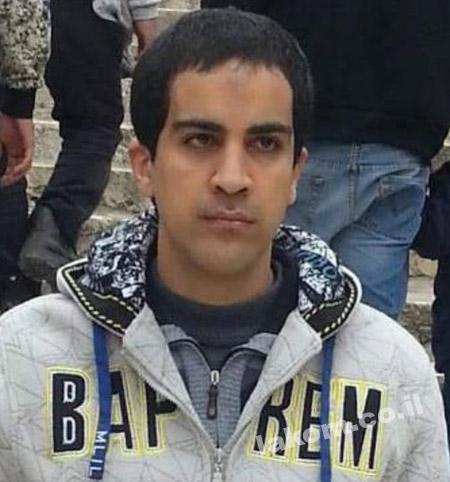Jafar Farah, founder and director of the Mossawa Center, which advocates for Arab civil rights in Israel, argued that use by the police of excessive force around the country is indeed a systemic problem.
According to the Mossawa Center, 27 Arab citizens have been killed by police personnel since the October 2000 riots, when 13 Arab Israelis were killed by police and led to the Or Commission’s investigation into the deaths.
Of those 27 deaths since October 2000, 15 happened in the last decade, two of which took place this May, including Halak on Saturday, while another man was killed by security guards outside Sheba Medical Center, also in May.
Mossawa counts 18 Arab citizens in total who were killed by security guards and IDF soldiers since the October 2000 , on top of the 27 killed by police officers.
The organization also states that only four indictments have been issued for these incidents, and just two convictions secured against police officers responsible for these deaths, with sentences of six months and 30 months.
Farah also notes that these statistics leave out other incidents of the police’s excessive use of force that did not result in death, data for which he does not have.
In one prominent incident from 2017, Yakub Abu al-Kiyan was shot and killed by police during the demolition of structures in the unrecognized Bedouin village of Umm al-Hiran, where he lived.
The police officer who killed Kiyan said initially that he did not feel threatened by him and no evidence was found linking the slain man to terror groups, yet the state prosecutors closed the case against the police officer.
Farah noted that in another incident from 2015 in which Iyad Abdallah was shot and killed in Kiryat Anavim, it took three years for the State Attorney’s Office to rule that it could not prosecute the police officers involved, and alleged that no real investigation was carried out.
The Mossawa director laid much of the blame at the Justice Ministry and the State Attorney’s Office, as well as the Public Security Ministry, which he said have failed to prosecute police personnel involved in the slaying of Arab citizens.
One critical problem, he said, was that the police were often negligent in the gathering of forensic evidence at the scene of an incident, which often leads to the collapse of a case when the precise details of what happened and what caused the death of the individual cannot be ascertained.
He noted, in an incident this month when Mustafa Yunes was shot and killed outside Sheba Medical Center by security guards.
Yunes, whose family said he was epileptic, had threatened several people with a knife in the lead-up to the incident, and was shot six times by three security guards when he stabbed one of them.
Mossawa argued, however, that he could have been disarmed without being killed. When his body was taken to the L. Greenberg Institute of Forensic Medicine at Abu Kabir, however, it was found that two of the bullets that hit him, and which had been removed by doctors in the hospital in efforts to try and save his life, were missing.
Farah said that this means it will be impossible to determine which security guards actually killed Yunes, and that any criminal case against them will be impossible.
These complaints against the State Attorney’s Office, as well as the Police Investigation Department, are similar to those made by the Ethiopian immigrant community, who have also long complained of a failure to prosecute police officers involved in the killing of members of their community.
Indeed, the issue of over-policing itself has also been a prominent feature of the Ethiopian community’s resentment toward the law enforcement agencies.
Ethiopian minors and adults are both over-represented in the number of overall arrests and investigations made by police, compared to the relative size of its community.
Regarding Halak’s killing, Farah describes it as “cold-blooded murder” and says it had “no justification whatsoever.”
And he roundly condemned recent comments made by new Public Security Minister Amir Ohana, who said last week in a visit to a police station in Tel Aviv that “anyone who attacks a police officer, his blood is on his [own] head.”
“What we saw in the past was the justice system backed up the individual police officers, but today after Ohana’s comments, it looks like it is the policy of the minister himself,” Farah said. “They are losing the balance between the need to use violence and the job of being professional police officers.”











